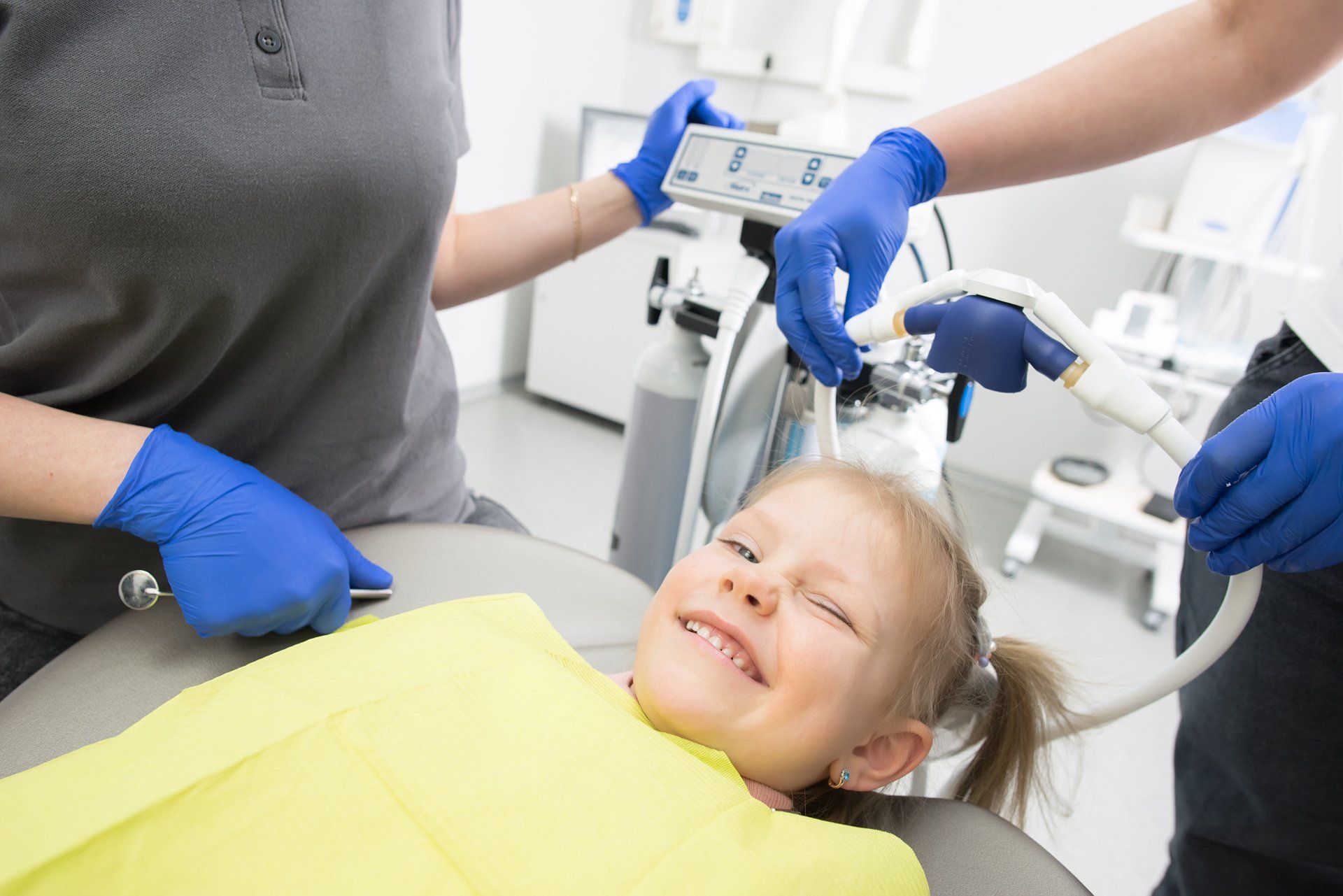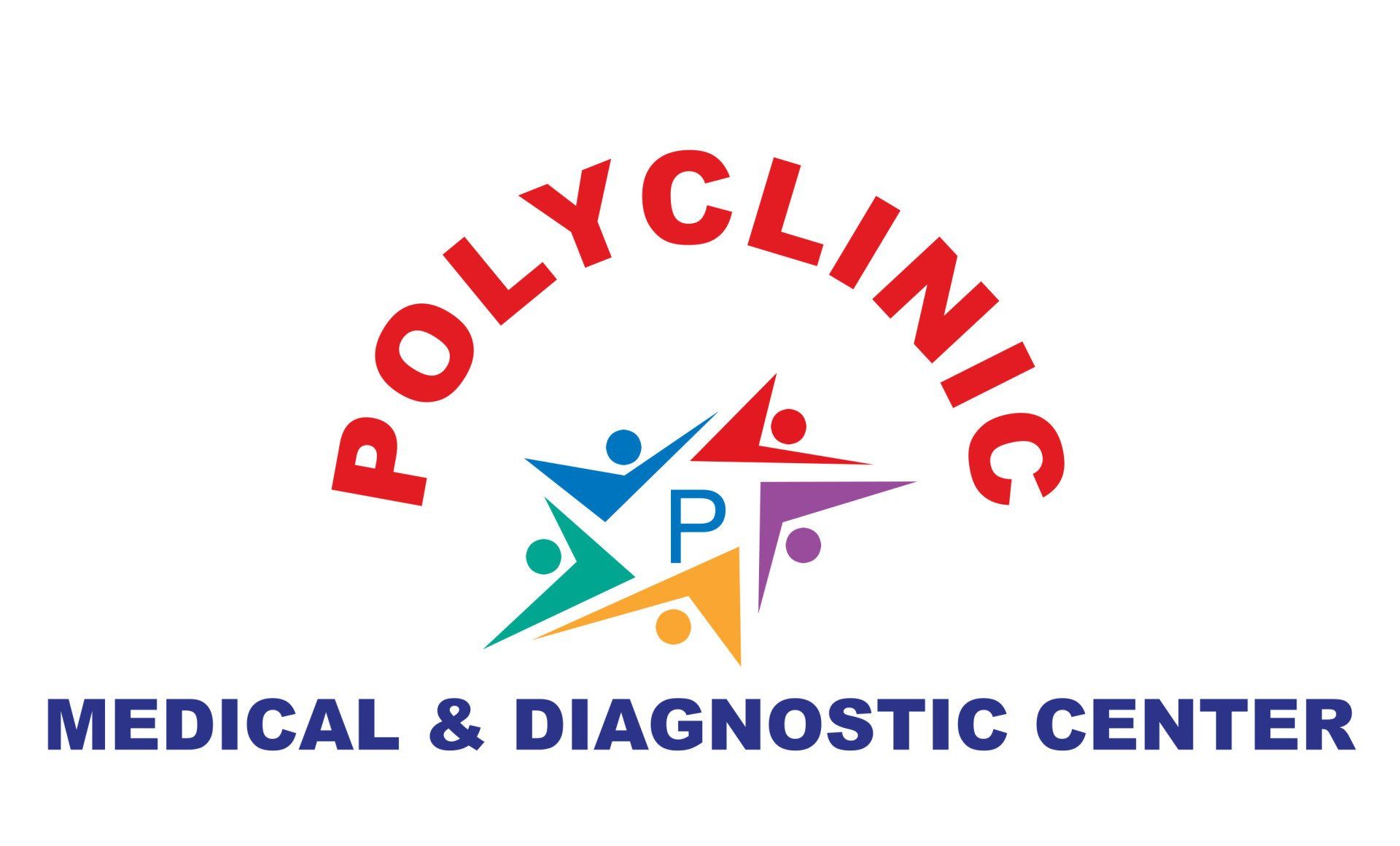DENTISTRY & ASTHETIC DENTISTERY
At Polyclinic, we believe that everyone deserves to have a great smile. Helping our patients reveal their best smile and achieve and maintain optimum oral health is our passion. We will take the time to listen to your concerns and answer your questions so that you can feel comfortable moving forward with care.
Pediatrics
Here at polyclinic, our team offers a variety of specialist services including paediatric dentistry.
We provide compassionate, child – cantered and high quality dental care in a fun and welcoming environment where patient and their parents can feel safe and comfortable. We strive to establish a relationship of trust and confidence with you and your child.
Ortho-dentistry
Orthodontic treatment is a way of straightening or moving teeth, to improve the appearance of the teeth and how they work. It can also help to look after the long-term health of your teeth, gums and jaw joints, by spreading the biting pressure over all your teeth.
The most important thing is to have a full examination. This will usually involve looking at your teeth, taking dental x-rays and making plaster models of your teeth.
Your dental team or orthodontist will then discuss what treatment is possible. Once you are sure you want to go ahead, the treatment can start as soon as you have enough permanent teeth.
Please note currentely orthodontic service not available.
Our satisfaction
We smile when you smile.
Gingivitis and periodontitis:
Gum disease describes a range of conditions that affect the supporting structures of the teeth. Of these, the most common are gingivitis and periodontitis.
Gingivitis is the inflammation of the gums surrounding the teeth. It is a common and reversible condition. The inflammation is caused by bacteria and their by-products irritating the gums, causing redness, bleeding, swelling and pain. If left to progress, it can lead to periodontitis.
Periodontitis is a more chronic condition, also caused by bacteria. It occurs when bacteria burrow into the space between the tooth and the gum and cause permanent damage to the underlying bone and ligaments. If left untreated, periodontitis can lead to progressive loosening of the tooth and eventually tooth loss.
In recent years, poor gum health has also been linked to higher incidence of diabetes, heart disease and stroke.
Good oral hygiene is one of the most important factors in preventing tooth decay and gum disease. Our dentists will show you proper brushing and flossing techniques and identify any areas to monitor. With gingivitis, usually a clean is sufficient to remove plaque and calculus from the tooth surface. In periodontitis, you may need to have a ‘deep clean’ to remove debris from deeper within the gums. If necessary, we may also refer you to a periodontist (a gum disease specialist).
Teeth whitening:
As we age, our teeth naturally darken. Lifestyle habits such as drinking red wine, tea, coffee and smoking can also influence the colour of our teeth. One of the most popular and easiest ways to brighten up your smile is teeth whitening.
Not everyone’s teeth are suitable for whitening, nor will one set of teeth whiten like another. It is important that teeth and gums are healthy prior to whitening - a full dental examination with radiographs and photographs should be done beforehand to check for tooth decay, existing restorations (as these will not whiten) and current sensitivity.
At Polyclinic Dental Clinic, we offer professional In-chair Whitening Whitespeed and take-home DIY whitening with PolaDay gel
Root canal treatment:
Root canal therapy is the treatment of teeth that have had nerve damage, whether it be by decay or trauma. Root canal therapy preserves the natural tooth and thus the natural bone level. It is always advisable; if possible, to save natural teeth as extracting them can cause issues with aesthetics and function.
Root canal therapy is typically done over a few visits depending on the number of nerves and severity of infection. Initially, the tooth is anaesthetised, and an opening made though the crown, exposing the infected/damaged nerve. The root canal system is then cleaned out, enlarged and antimicrobial agents placed. X-rays will be taken throughout the procedure to ensure that the whole length of the root canal is cleaned. Finally, a natural rubber compound is placed in the root canal system to prevent reinfection.
We recommend a check-up and clean every 6 months. There are three parts to the average check-up which cover the examination, an oral clean and review of oral hygiene.

Painless dentistry
Painless dentistry isn't just about numbing you up so you don't feel discomfort during your dental treatments. Every detail is seen to ensure your visit is as stress-free and painless as possible. Different means and methods of care are combined to provide an experience that's free from discomfort.
How Painless Dentistry Works Painless dentistry works by not only removing any pain or discomfort from your dental visit, but also by removing your anxiety. Before beginning any work on your teeth.
Our Dentist will provide a light sedative in pill form or will offer nitrous oxide.









